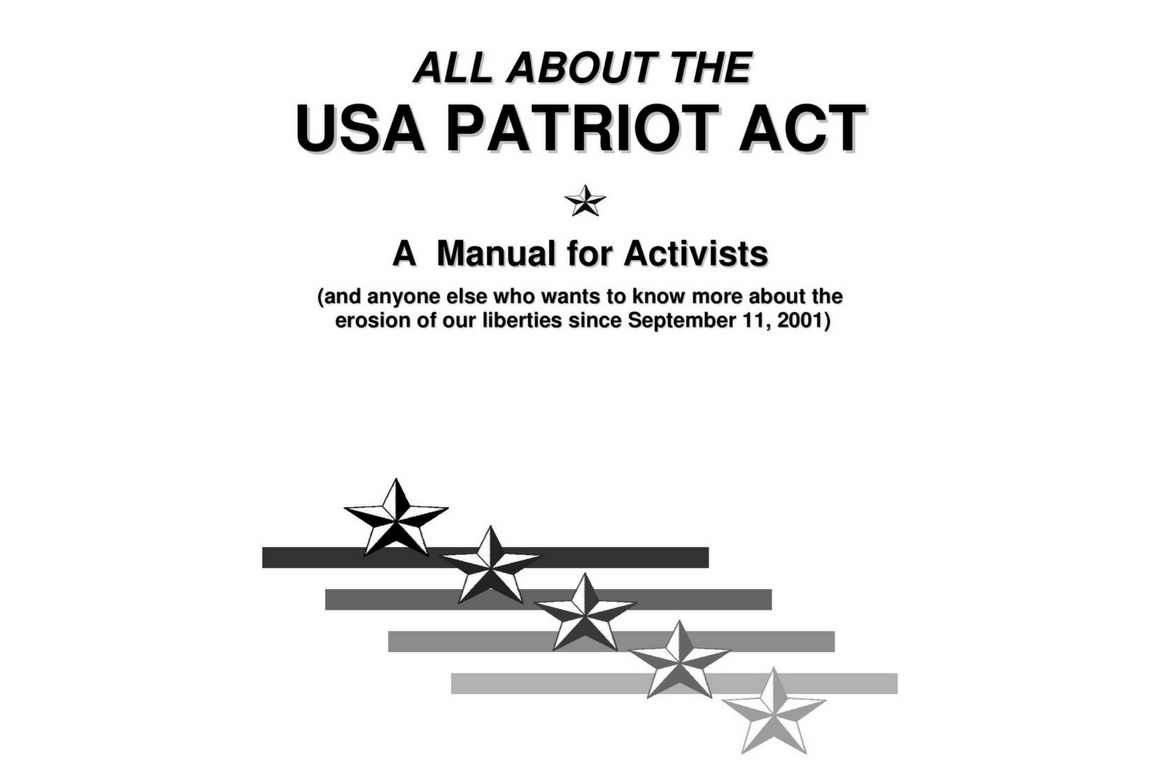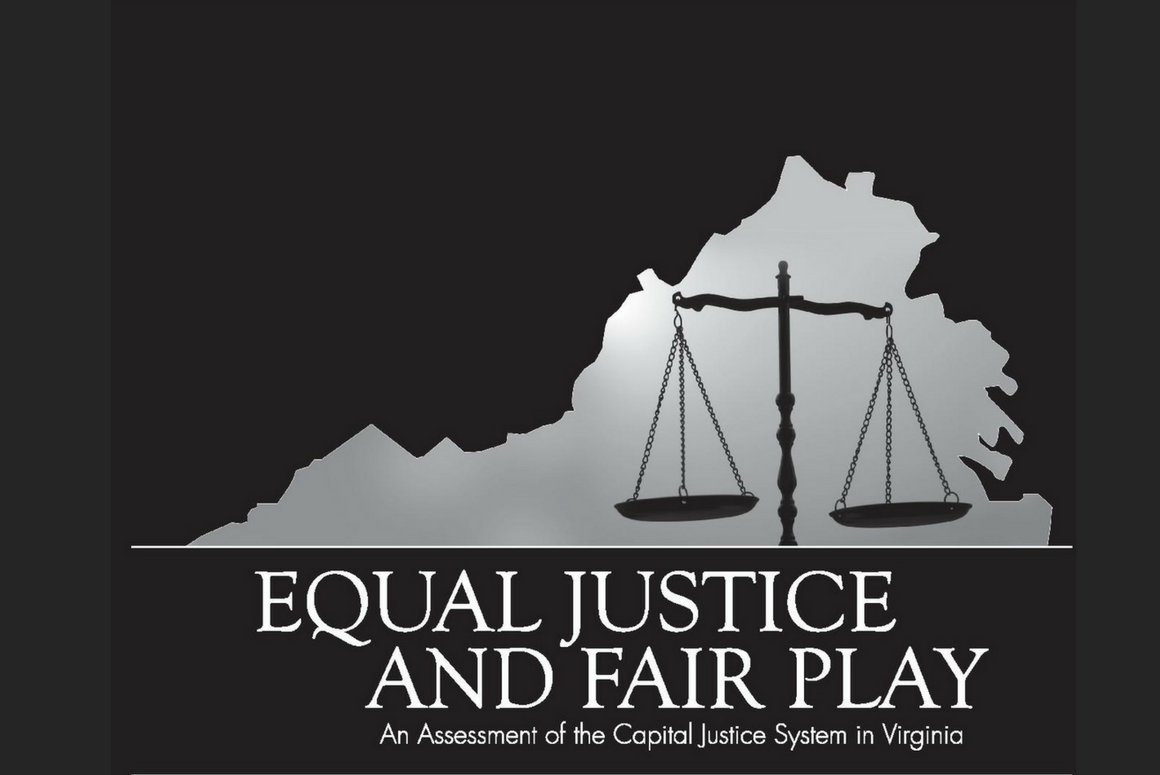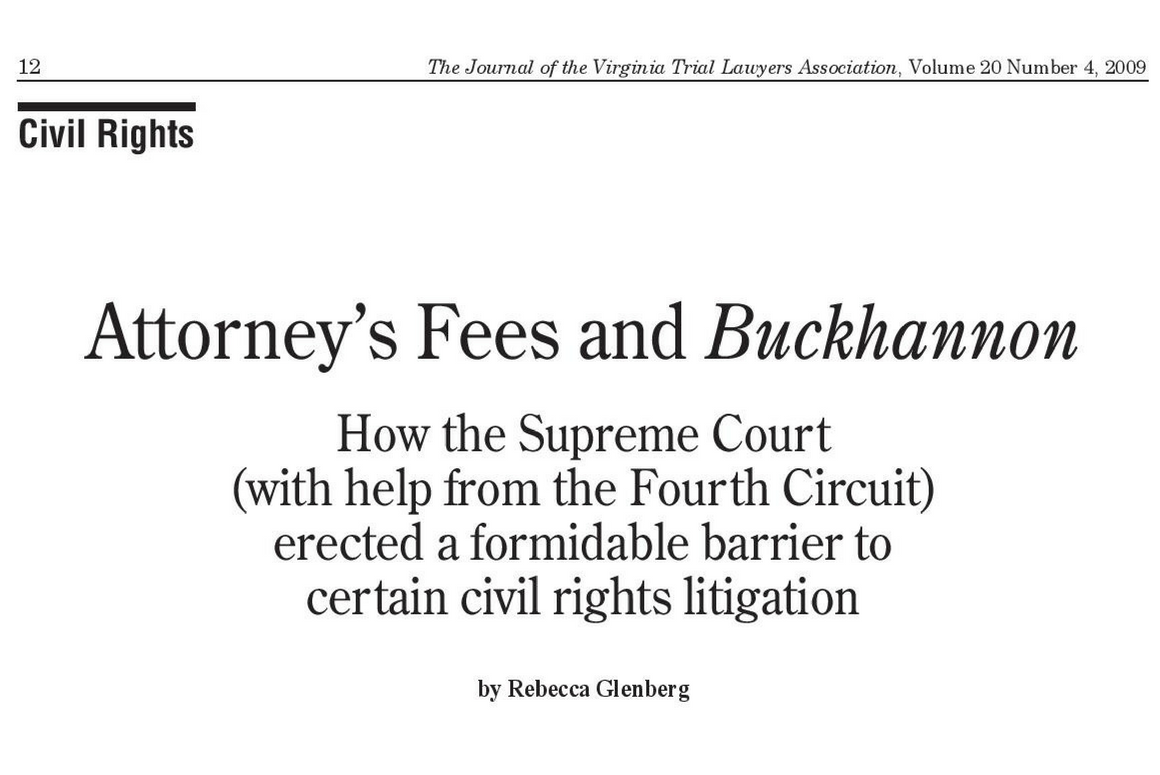Perhaps the most controversial and least understood law in recent memory, the USA PATRIOT Act is a rambling 342-page hodgepodge that amends more than a dozen separate federal statutes, many in ways that dramatically erode the privacy and due process rights of American citizens and our immigrant population. It goes without saying that it defies easy distillation.
This manual explains key provisions of the PATRIOT Act for those who want to understand it better and especially for those who want to use that knowledge to change it. The ACLU is profoundly concerned about the loss of civil liberties since 9/11, having identified it as the highest organizational priority since the passage of the PATRIOT Act in late 2001. The information herein, having been scrupulously researched and documented, is accurate, to be sure. But the manual’s purpose is to persuade-- to persuade the reader to persuade others to contact their congressional representatives, pass anti-PATRIOT Act resolutions in their locality, or simply pass on their outrage to others so that they too might act to restore our lost liberties.
Date
Wednesday, February 15, 2006 - 9:45am
Featured image
Show featured image
Hide banner image
Related issues
Criminal Legal Reform
Documents
Show related content
Tweet Text
[node:title]
Type
Menu parent dynamic listing
Style
Standard with sidebar
Equal Justice & Fair Play, a comprehensive study led by Joseph Tydings, a former United States Attorney who later served as a United States Senator and a member of the Senate’s Judiciary Committee, finds that a majority of the protections recommended by the Illinois Commission do not exist in Virginia. Some of the study’s recommendations, although not yet in place in the Commonwealth, are under study by the legislature or other governmental agencies. Some of the recommendations may require modification to work effectively in the Commonwealth. Some may be inappropriate for our capital justice system. In each instance, however, the recommendations provide a structured starting point from which to design and implement an objective and comprehensive measure of our progress or failure as we continue our commitment to a high quality system of capital justice in the Commonwealth.
Death penalty supporters and opponents can agree that a system which permits execution of the innocent has no moral authority. The same may be said for a system which, on occasion, capriciously results in the death penalty for one defendant and life imprisonment for another, based on similar factual circumstances. Such a system undermines respect for the law in general and our criminal justice system in particular.
While we pray that our system has not resulted in the execution of an innocent person, we do know there is strong evidence that, on occasion, the system works capriciously. If we are to maintain a system of capital punishment, it is time for Virginia to carefully examine that system to assure that all findings of guilt and punishment are accurate, are as just as possible, and are consistent across the Commonwealth.
~William G. Broaddus, Former Attorney General, Commonwealth of Virginia (1985-86)
Date
Tuesday, September 12, 2006 - 9:15am
Featured image
Show featured image
Hide banner image
Related issues
Criminal Legal Reform
Documents
Show related content
Tweet Text
[node:title]
Type
Menu parent dynamic listing
Style
Standard with sidebar
How the Supreme Court (with help from the Fourth Circuit) erected a formidable barrier to certain civil rights litigation
The fundamental rights protected by the Constitution and civil rights statutes have little meaning unless those rights can be enforced in court. But those most vulnerable to civil rights violations by the government, employers, or landlords are typically those who are least able to pay for attorney. And civil rights cases are often not amenable to contingency arrangements. In some cases, plaintiffs seek not monetary damages but an injunction against an unlawful statute or policy. In other cases, the plaintiff’s injury – say, being stopped by the police on the basis of race, or being chilled in the exercise of free speech – is not concrete enough to yield substantial damages. The doctrines of qualified immunity and sovereign immunity often preclude any monetary damages in many cases against government actors. As a result, except in cases of the most flagrant abuses resulting in serious injury to person or property, it is plaintiffs with meritorious civil rights claims who may not be able to find an attorney.
Read the full article in The Journal of the Virginia Trial Lawyers Association, Volume 20 Number 4, 2009.
Printed with permission of The Journal of the Virginia Trial Lawyers Association.
Date
Monday, June 29, 2009 - 6:15pm
Featured image
Show featured image
Hide banner image
Show related content
Tweet Text
[node:title]
Type
Menu parent dynamic listing
Style
Standard with sidebar
Pages


